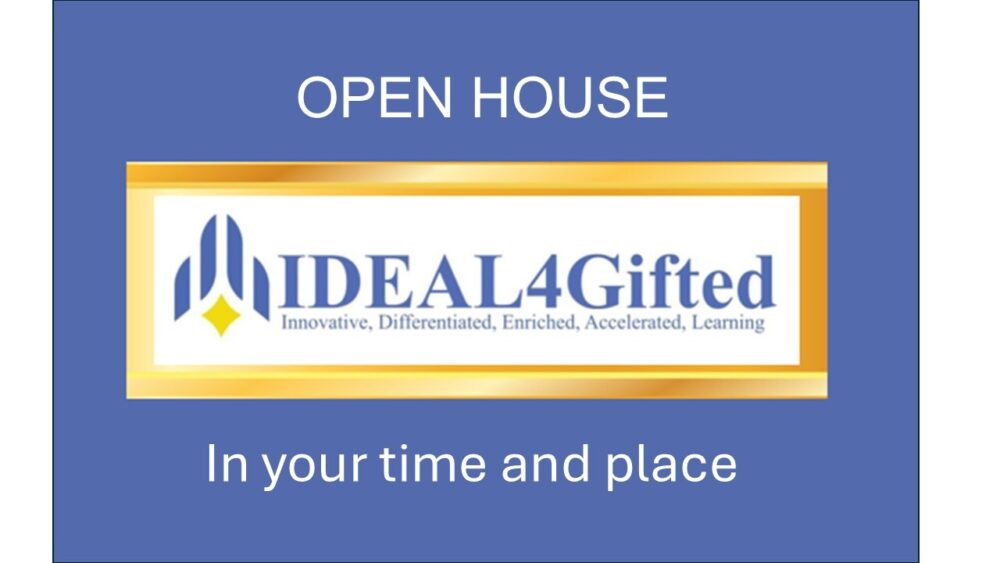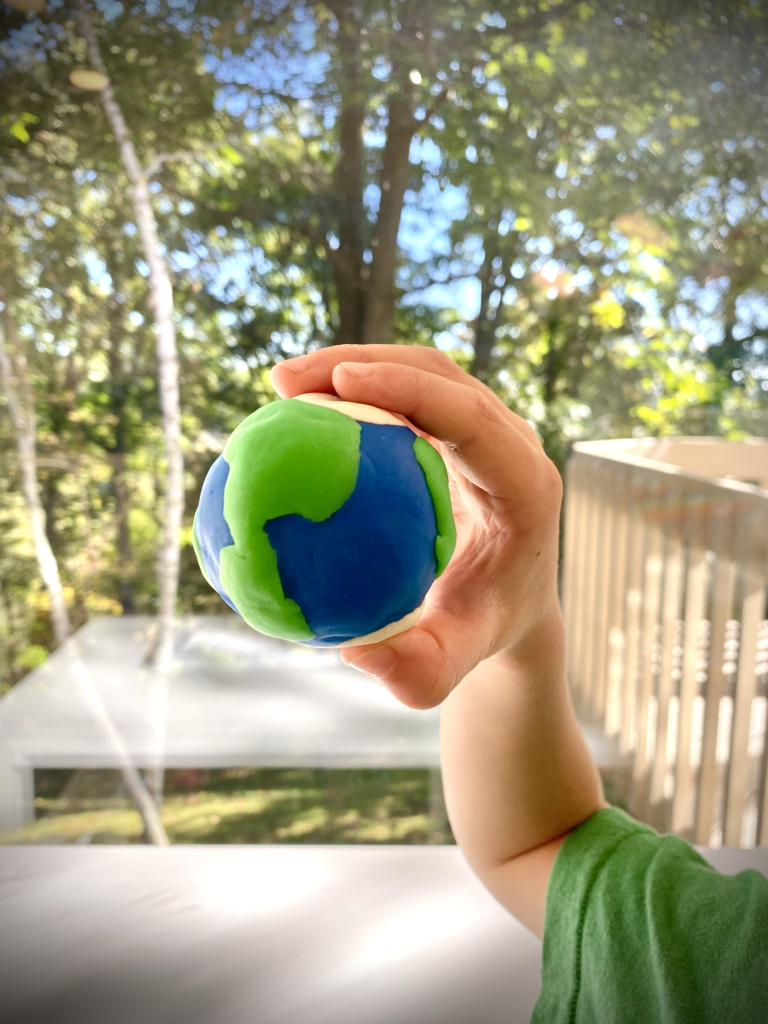
At IDEAL, we are preparing informed Global Citizens through engaging and diverse activities and discussions that deepen understanding of topics and their impacts. By emphasizing critical thinking, students connect ideas across disciplines. Our adaptable curriculum builds on students’ prior knowledge, using carefully vetted professional resources aligned with best practices in gifted education.
Grouping
Due to the distinctive nature of our students’ learning requirements, we forgo traditional age-based grade-level groupings. Instead, we design our courses and class groups based on students’ readiness.

Assessments
We use pre-assessments, formative assessments, and project-based post-assessments to gauge and guide student progress. Pre-assessments identify prior knowledge for tailored instruction, formative assessments adjust ongoing learning, and post-assessments demonstrate cumulative skills. Our diverse formats—writing, images, presentations, problems, and projects—showcase depth of understanding and curriculum application.
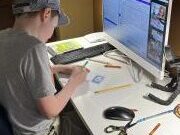
ENGLISH LANGUAGE ARTS
English Language Arts is really multiple subjects. There is reading and the interpretation of literature, multiple types of writing, vocabulary, grammar, and spelling. Some schools focus on one or two of those, but our ELA program strives to develop all of them with critical thinking and analytical skills using a diverse range of literature, including fiction, non-fiction, and poetry, while allowing students to work on shared or individual texts sourced from various highly reliable platforms. Students are grouped and regrouped for a suitable fit in each of the various aspects, and technology allows us to customize assignments to match their readiness and interests.
Comprehensive Writing
Students explore creative, narrative, expository, persuasive, and descriptive genres. We focus on personalized instruction for comprehensive writing activities.
Our goal is to foster a rich, engaging environment that supports growth and a love for language arts.
Vocabulary, Grammar, Spelling, and Handwriting
These are both integrated and directly instructed. They vary with the level the student needs and individual interests.
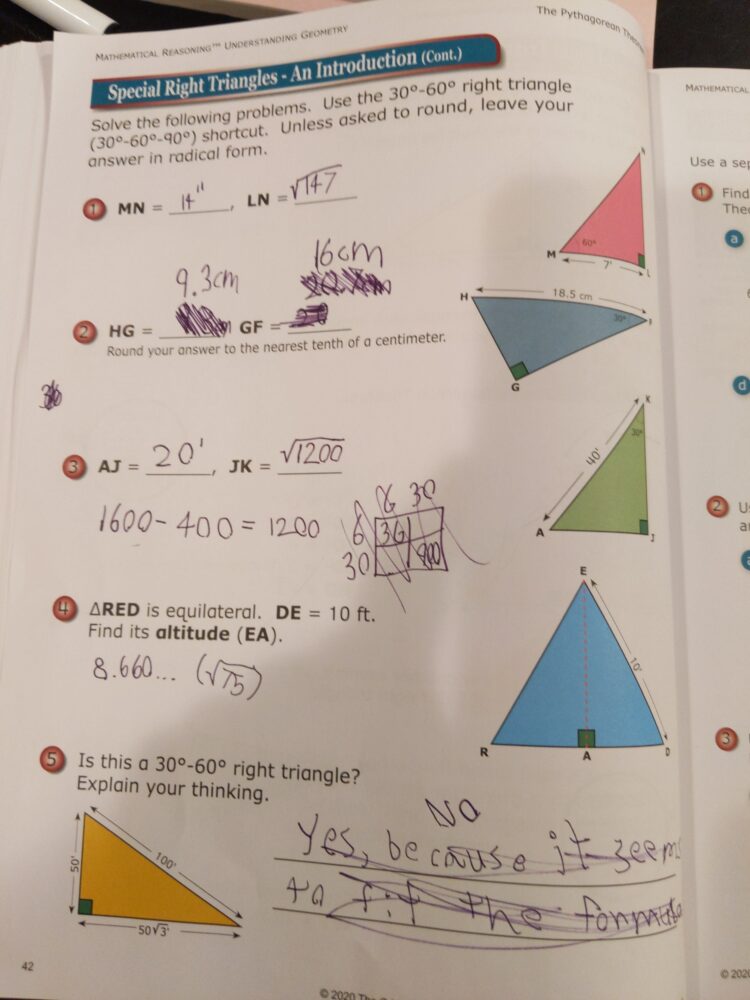
MATHEMATICS
Mathematics is more than numbers. It’s about understanding the principles, processes, and applications. Our math program ensures students work at appropriate levels, explore multiple solutions, and grasp key concepts.
- Levels 1–5: Singapore Math Primary U.S. Edition, a rigorous system from the Singapore Ministry of Education, and a variety of support materials to increase concept comprehension and fluency.
- Pre-Algebra: uses Understanding Pre-Algebra and Mathematical Reasoning by The Critical Thinking Company.
- Algebra: Understanding Algebra 1, from The Critical Thinking Company
- Geometry: The Life of Fred Geometry, Understanding Geometry, and other sources.
We enhance learning with manipulatives and supplementary materials, fostering engagement and enrichment. Our approach builds a strong, well-rounded foundation in math for academic success and real-world applications while attending to the specific student’s learning needs.
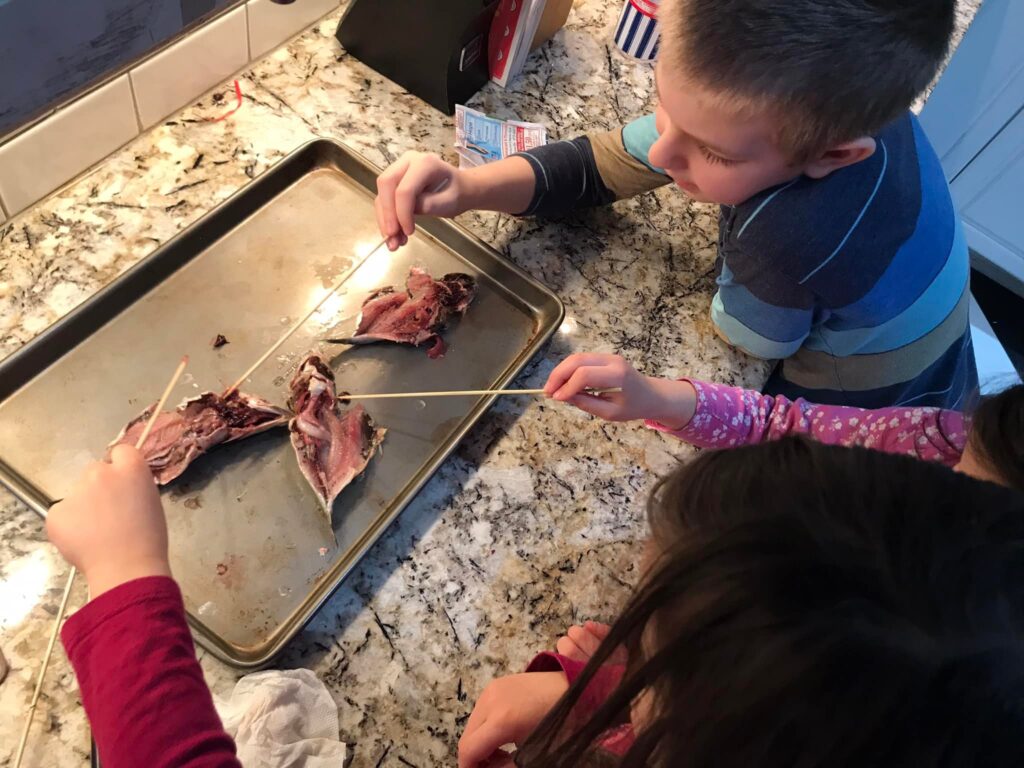
Science
At IDEAL, our science curriculum reflects professional methodologies, tailored to students’ readiness and developmental stages. Through hands-on experiments, the scientific method, and pertinent reading, the Sciences are taught on a three-year cycle, which includes three Science domains each year. One in the fall, one in the spring, and Computer Science in the winter. Those domains are listed here.
Biology: Topics include humans, animals, and plants.
Chemistry: Elements, states of matter, conservation of matter, chemical changes, and real-world applications.
Computer Science: Self-paced software learning with programs like Scratch, Code.org, LearnPython.org, and creative hardware projects.
Earth Science: Geology, ecology, and astronomy.
Physics (with Engineering): mechanical, electrical, and matter
Our interactive approach fosters curiosity and deepens students’ understanding.

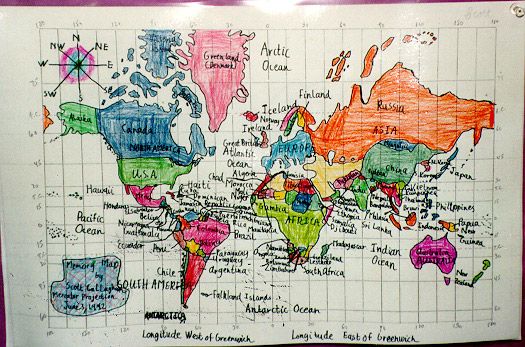
Social Studies
Our program develops broad perspectives and essential skills, covering history, culture, civics, and geography. Students learn from history with logical discernment, ethics, and analysis using multiple resources, including primary documents, while considering diverse viewpoints.
The curriculum balances U.S. and world history, with earlier years focusing on American history and geography and upper levels exploring world history and its modern connections. Resources include: U.S. History: utilizes The Core Knowledge Foundation, Carson Dellosa workbooks, and Evan-Moor’s History Pockets.
World History: uses The Story of the World series by Dr. Susan Wise Bauer.
We enrich learning with primary sources, historical fiction, biographies, the arts, and multimedia tools. Activities like map work, timelines, and other projects emphasize critical thinking through discussions and help students connect historical events to current issues, fostering curiosity and preparing them as informed global citizens
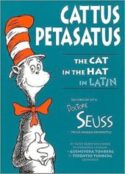
Foreign Language
Our Foreign Language curriculum offers students a rich linguistic education. They have a choice of Latin or Spanish.
For Latin, we use the “Latin for Children” series, which provides a structured approach to learning Latin grammar and vocabulary, fosters a deep understanding of the language and its historical significance, as well as having fun with children’s stories in Latin.
Spanish focuses on the spoken language and Spanish culture. In addition to the live instruction and speaking, we employ multiple resources that focus on communication and the structure of the language. We use “QTalk’s” Spanish program, which emphasizes natural speaking and conversational skills, helping students to use Spanish fluently in everyday situations, and “Flangoo,” a student-centered program for reading. This approach ensures that students not only understand the rules of the language but can also read and communicate effectively.
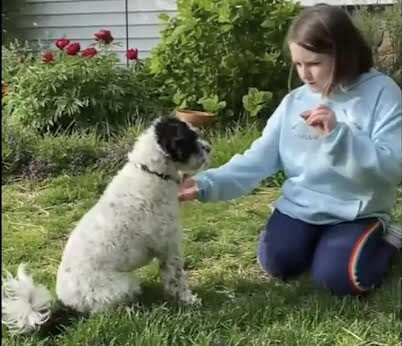
Soft Skills:
In today’s fast-paced world, human skills that span subjects, cultures, and systems are essential. Gifted and twice-exceptional students often face unique challenges, grappling with unprecedented issues while being highly sensitive and sometimes overwhelmed. This class provides a supportive place to help them develop self-awareness, understanding of others, and broader perspectives. It is specifically geared to support them socially and emotionally as it fosters self-confidence and a sense of belonging. Students will explore intrapersonal skills, growth mindset, community, family, ethics, leadership, communication, and empathy. They will build connections, make friends, and strengthen their social skills.
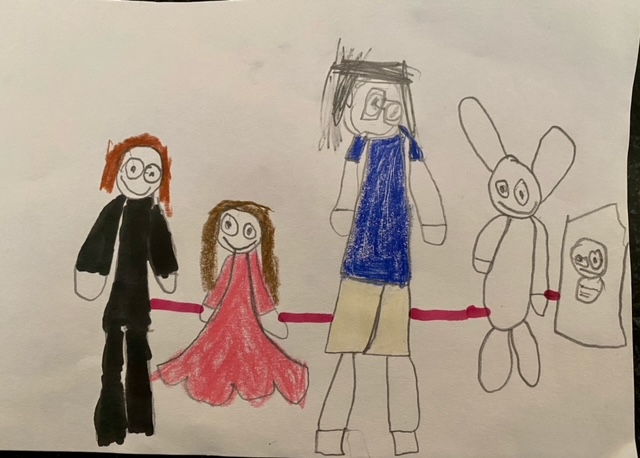
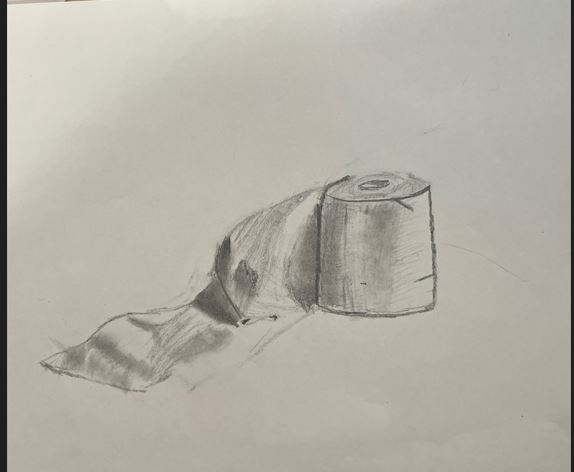
Visual Art
Our Visual Art program follows Victor Lowenfeld’s developmental approach, nurturing artistic growth at every stage. Students learn the Elements of Art (line, shape, form, space, color, value, texture) and Principles of Design (balance, contrast, emphasis, movement, pattern, rhythm, unity) through developmentally appropriate units.
Using the Art in Action series, other resources, and the instructor’s 30+ years of experience, we provide high-quality art education that develops their visual communication skills, their self-expression, an understanding of the evolution of art forms, and the intellectual understandings embedded in art. Students build technical skills, creativity, critical thinking, and hand-eye coordination, fostering confidence and a lifelong appreciation for the arts.
